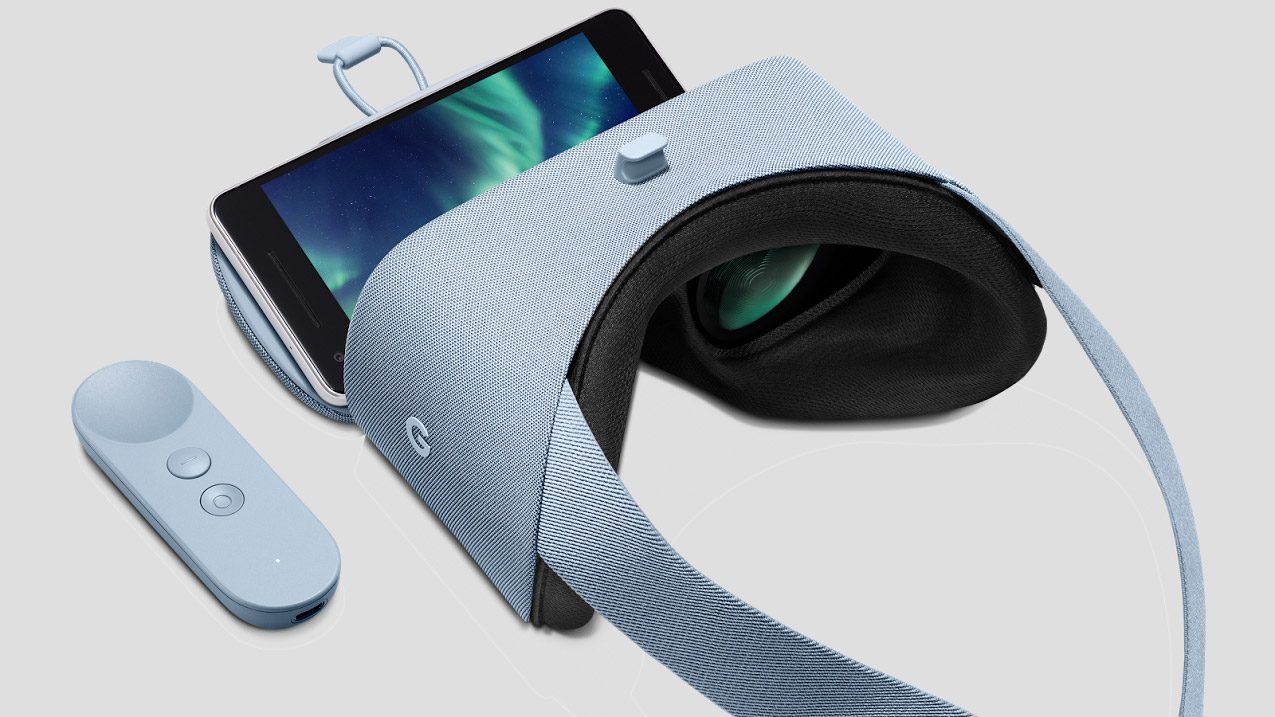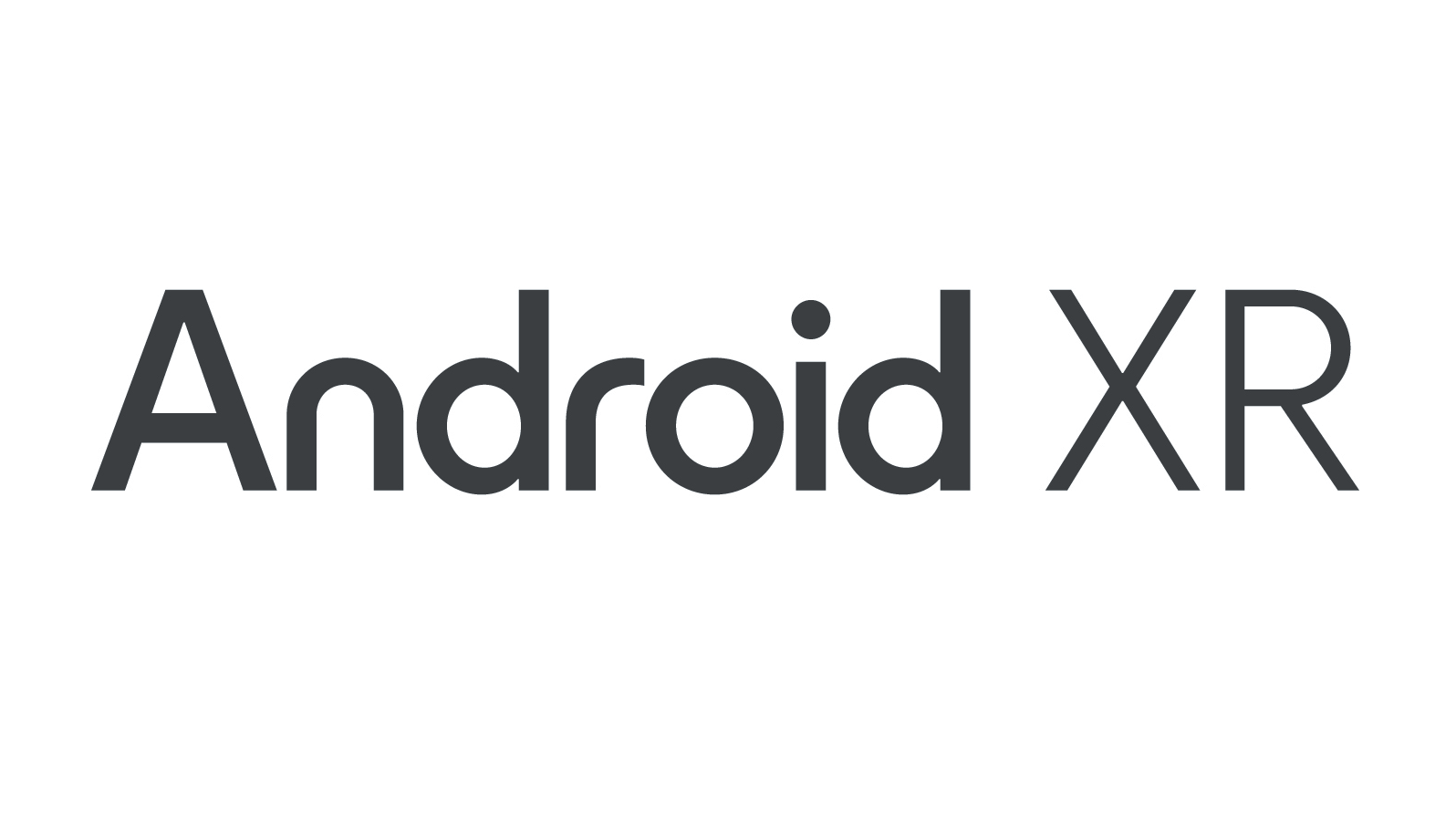Google has acquired a number of HTC’s XR engineers, something the company says will “accelerate the development of the Android XR platform across the headsets and glasses ecosystem.”
Google’s announcement of Android XR last month represents a critical shift in the competitive landscape, as Samsung will ostensibly be the first to launch a headset running Android XR. Excitement for familiar faces offering up competition in the consumer XR space was tempered somewhat by the usual questions surrounding Google’s ability to commit to the project long-term.
While Google has addressed some of those underlying concerns in a Road to VR exclusive, which you can read more about here, that doesn’t reduce the laundry list of products and services killed by the company over the years, one of which includes Google Daydream, the company’s first real attempt at entering the XR space proper back in 2016.

Now, Google announced it’s signed an agreement with HTC to acquire a number of HTC’s XR engineers. The details of the agreement are still thin, although it’s possible Google is tapping HTC for its hardware talent in a bid to secure a more solid foundation in the modern XR segment.
“We’ve been investing in XR for more than a decade, and just last month introduced the Android XR platform with our strategic industry partners,” Google says in the announcement. “Today we signed an agreement to welcome some of the HTC VIVE engineering team to Google, which is subject to customary closing conditions. They are an incredibly strong technical team with a proven track record in the VR space, and we are looking forward to working with them to accelerate the development of the Android XR platform across the headsets and glasses ecosystem.”
Strangely enough, this isn’t the first time Google paid top dollar for HTC engineers. In 2017, the company shelled out a princely sum to gut HTC of its smartphone engineering talent, amounting to $1.1 billion. One year later, HTC merged its smartphone and VR divisions, which signaled HTC was putting increased emphasis on its XR ambitions.
Since the details of the deal aren’t public, where that leaves HTC for now is still a mystery. The Taoyuan, Taiwan-based company is principally involved in producing XR headsets for enterprise and prosumers, such as its latest headset Vive Focus Vision, a $1,000 standalone mixed reality headset that packs in a mishmash of specs from Vive Focus 3 (2021) and Vive Elite XR (2023).
That said, HTC has dabbled with non-XR devices in the recent past, although very little to hang its hat on. In 2018, the company released HTC Exodus 1, the crypto-phone that seemed encouraging enough for the company to release its follow-up one year later. In 2019, it released an at-home 5G hub, which capitalized on the first wave of buzz surrounding 5G. None of those devices are currently being sold by HTC, so we’ll just have to wait and see.
,
